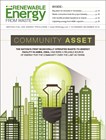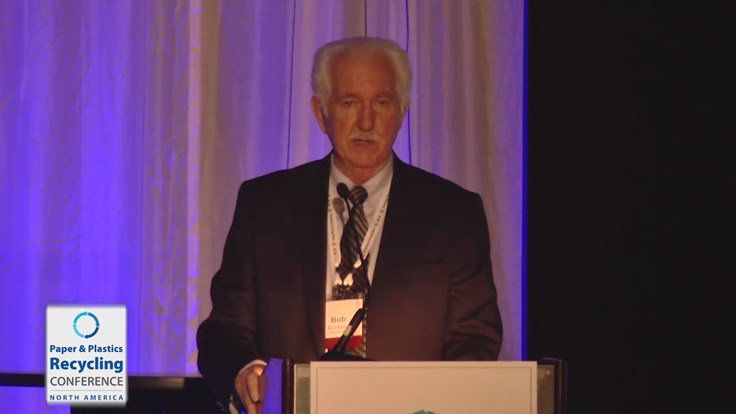Resource Converting LLC (RCI), Las Vegas, has developed a patented pulverizing air drying (PAD) technology. The company describes the PAD technology as a nonthermal drying system for wet, semisolid biomasses.
RCI says its PAD system is the only drying system of its kind. The high moisture content of biomasses such as agricultural waste, municipal solid waste (MSW), and sludge has always been a limiting factor in secondary use of these materials, notes RCI, and until now thermal drying had been a cost intensive and energy intensive process.
With the RCI PAD System, this sorting of MSW to separate wet from dry material is no longer needed since the PAD can dry out all the material to a uniform level of below 15 percent moisture, according the RCI.
The PAD separates the water mechanically from the feedstock using a high velocity air stream. As an additional advantage, the feedstock is reduced in particle size, increasing surface area during the process. The company notes high-volume throughput capacity is another capability.
The RCI PAD system is designed to reduce moisture content to less than 15 percent while reducing particle size, at a rate of up to 15 tons per hour for each twin-line system.
How it works:
- Wet material is fed into an air stream and accelerated to high velocities before entering the first of several hydrocones.
- The combination of air velocity and impact in the hydrocones act on the feedstock to dry it and reduce its size.
- The number of hydrocones will vary depending upon initial moisture, degree of drying, throughput and quality of the feedstock pulverizing air drying system advantages of the RCI PAD system.
Suitable feedstocks include MSW, animal manure, spent grain, municipal biosolids, agricultural waste, feed additives, paper sludge, nut waste, green waste, other feedstocks needing dried or reduced. More information is available at www.resourceconverting.com.



